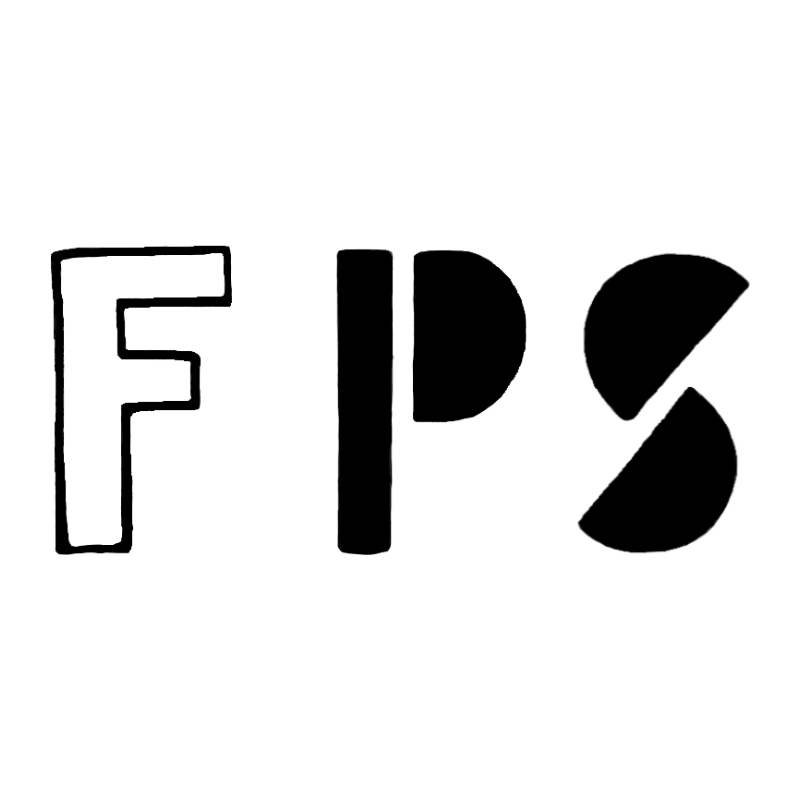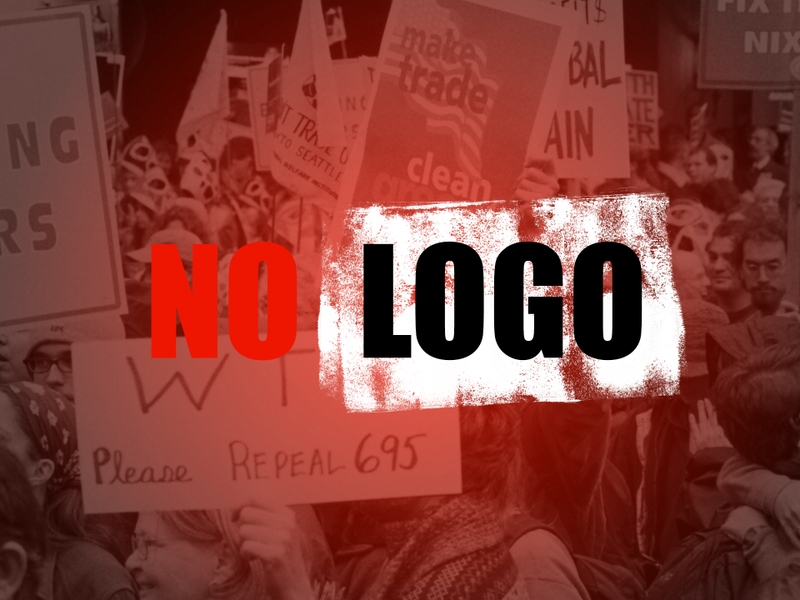The Anti-Globalization Movement
In 1999 activists threw bricks through a Starbucks window in downtown Seattle in what has come to be known as the Battle of Seattle (WTO Protests). That year, Seattle hosted a large WTO conference on global trade policies and protesters seized the occasion to conduct large scale anti-globalization protests. They were angry at the Big Multinational Corporations (McDonald's, Levi’s, Nike, The Gap, Starbucks…) for generating sickening amounts of wealth through tax avoidance, degrading labour standards, outsourcing manufacturing work and destroying the environment. By promoting global trading policies that enabled the multinational corporations to function in the way they did, the WTO was considered by the protestors as the engine of destructive globalization.
Shortly after the protests, in December 1999, Naomi Klein published her bestseller No Logo: Taking Aim At the Brand Bullies. The book articulates many of the anti-globalization movement’s criticisms of the Big Corporations and summarizes them under three headings: No Space, No Choice, No Jobs. In the book, Klein gives a comprehensive account of the evils of globalization: she documents the abuse that takes place in the “export processing zones” (the manufacturing zones in e.g. East Asia where clothing is made), she highlights the instability of service jobs (such as working for McDonald's and dubbed McJobs), she chronicles the dismantling of trade unions… Most importantly however, she goes further than this, and realises that the greatest victim of the Big Corporations is our (the citizen’s) ownership of culture and public space.
Brand Worship
Klein argues that the most important feature of the Big Corporations is a rejection of the world of production and an ascendance into the domain of brand. Phil Knight (the then CEO of Nike) reportedly claimed that Nike should no longer be seen as a “production-oriented company”, but as a “marketing-oriented company”. The products themselves (the shirts, the shoes) thus become a commodity that can be produced by anyone, anywhere. Their value lies in them being a Nike shoe, because of what Nike represents: the essence of sport, the glory of athletic achievement. As brands develop stronger and stronger identities, Klein argues that they start to fill a space previously occupied by culture. This cultural role of brands becomes especially visible amongst teenagers who rely on them to form and communicate their own identities.
This exclusive focus on branding, and the abandonment of the responsibility for the manufacturing of the products sold, can be seen as the core cause for the evils identified by the anti-globalization movement. Because the Big Corporations no longer care about making things (only that it should cost as little as possible), the manufacturing can be outsourced to far away places and performed by whoever can be coerced into doing it. Klein illustrates this very poignantly with a comment on Levi’s (the jeans manufacturer) closing its factories in the USA. She points out that these factories were not “moved” abroad because Levi’s as a company never opened them again. Instead it threw the manufacturing contracts into a wormhole of sub-contracting and simply washed its hands of the trouble of making. Devoid of this ballast Levi’s was free to transcend into the paradise of brand.
Fighting Back (by making!)
More than twenty years on from the Seattle protests, the fervour of the anti-globalisation movement can be seen as cutely naive. Today, in 2021, our world is dominated more than ever by Big Corporations, many of which barely existed in 1999 (the obvious ones being Facebook and Google). The majority of our clothing is still made in sweatshops and the environment is reeling under the effects of globalized industrial farming. The anger of 1999 has curdled into cynicism - we know Big Corporations are evil but we have lost the energy to fight them and instead turned our attention to matters we can actually influence (e.g. voting to leave the EU).
Interestingly, back in 1999, Naomi Klein herself was skeptical about the impact consumer behaviour could have on the power of the brands. She assumed brands would just emerge (or evolve) to fill the “ethical consumption” niche, thereby perpetuating the status quo (the widespread marketing practice known as “greenwashing” has proven her right). When pushed to suggest what citizens could do to fight back, Klein would often suggest political activism. She would also point out that brands derive their power from the cultural role they play, infusing our lives with meaning by association with the greater ideals they embody. Fighting back would therefore entail finding alternative non-corporate (public) sources of meaning and cultural significance.
What Klein doesn’t suggest is for our (western) societies to re-embrace the world of production. Making things is an essential human activity. When the maker is empowered and has autonomy and ownership of the thing created, making is a profoundly satisfying activity. So satisfying in fact that it can be a source of identity stronger even than that communicated by association with a brand. The desire to reconnect with the things we eat, we wear and we use distinguishes today’s activists from the ones in the streets of Seattle in 1999. Today's activist is aware that they must embody the change they seek through their own actions - they no longer believe large organizations like the WTO can be the source of change. By becoming makers we can empower more autonomous production (and consumption) and gain more appreciation for the things made by others. We are thereby also more likely to support them in their creative endeavours. By re-learning to make we can localize production, thereby reducing the harmful environmental consequences of manufacturing and creating stronger inter-dependent communities. By understanding where things come from and how they are made we can value the quality and beauty of the made thing itself, and no longer rely on its association with a brand to infuse it with meaning and value.
References:
WTO Protests Image Courtesy of the Seattle Municipal Archives, identifier 175645.

